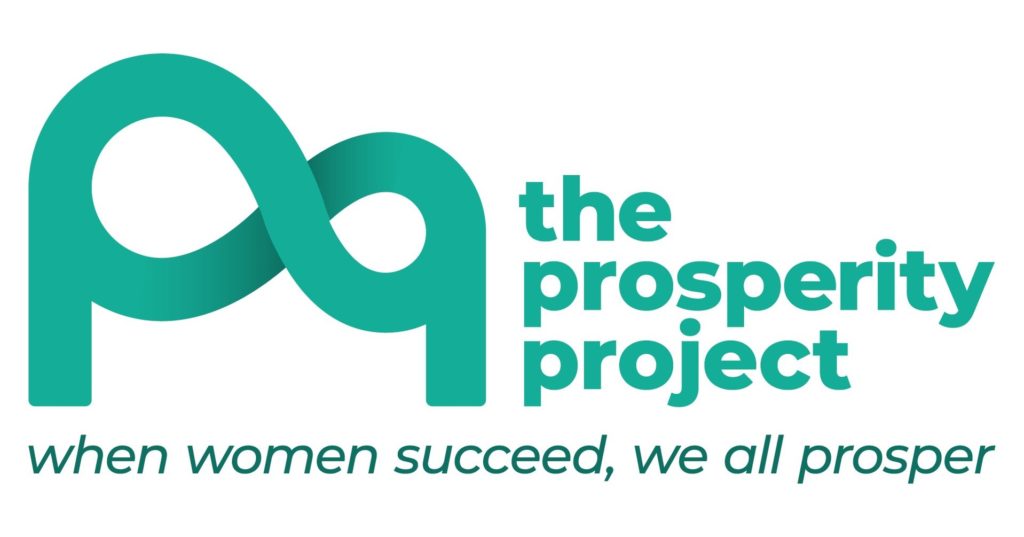Tracking poll shows working moms feel frozen as pandemic impact worsens
TORONTO, March 15, 2021 /CNW/ – Mental health concerns are on the rise among Canada’s working women, especially mothers, as the COVID-19 pandemic persists, according to the latest Prosperity Project tracking poll.
Conducted by Pollara Strategic Insights in partnership with The Prosperity Project and CIBC, the second cross-country survey of more than 1,000 adults found women much more likely than men to feel anxious, stressed, and depressed during the pandemic’s second wave as compared to the first. These feelings are even higher among working mothers, who reported experiencing higher levels of stress (52%), anxiety (47%) and depression (43%), compared to working women without children (36%; 38%; 29%). These levels are also higher when compared to working fathers (37%; 40%; 27%).
In addition to worries about helping with schoolwork and their children’s safety, mothers are also more likely to feel guilty about not spending time with their children and are more likely to turn down jobs or promotions to spend more time with their family. The survey also found that, during the pandemic’s second wave, women were more likely to consider quitting their job, ask for reduced working hours or take a position with different working conditions.
“The pandemic has caused fear and has affected families. It has also created a worrisome third F-word: frozen,” said Pamela Jeffery, founder of The Prosperity Project, a not-for-profit organization created to ensure Canadian women are not left behind in the COVID-19 recovery. “Many working mothers are feeling trapped. They don’t see a way out, so they often end up having to sacrifice their careers.”
Childcare, Jeffery notes, is the most critical factor, and has been a key focus of The Prosperity Project’s national advocacy efforts.
“Childcare will improve women’s employment. It will improve their mental health. It will improve family flexibility – for women and men. This absolutely needs to happen,” she said, imploring the federal government to implement a long-promised national childcare program.
Other highlights from the poll:
- Women continue to be more worried about their household finances, particularly about repaying debts they already have and paying household bills. However, a plurality of men is also concerned. Working parents are much more concerned about all these issues than those who don’t have children.
- Four-in-ten respondents among both men (41%) and women (40%) say they have had to use their savings during the pandemic to make ends meet. Working parents, more so working mothers (48% compared to 44% working fathers), reported having to dip into their savings than those without children (35% women; 38% men).
- 44% of women feel that they will face an economic recession and lack of job prospects once the pandemic is over. More visible minority women (41%) believe that women are less likely to be considered for jobs after the pandemic, than White women (29%).
“Responses about the work situation did not change substantially between August 2020 and this survey, the timeframe for the second wave of the pandemic. But the mental health impact clearly worsened,” said Pollara Vice-President Lesli Martin. “Worse still, many women expect the levels of anxiety, stress and depression to increase if the pandemic were to continue for another three months.”
On behalf of the Prosperity Project, Pollara Strategic Insights conducted an online survey among a randomly-selected, reliable sample of 1,003 adult Canadians from January 26-February 1, 2021. A probability sample of this size carries a margin of error of ± 3.1%, 19 times out of 20. Demographic and regional quotas were used to ensure reliable and comparable sub-segment analysis, and the data was weighted by the most current gender, age, and region Census data to ensure the sample reflects the actual population of adult Canadians.
This survey is part of The Prosperity Project’s 2021 Canadian Households’ Perspective on the New Economy initiative. Partner organizations in the initiative are Enterprise Canada, CIBC and Pollara Strategic Insights.
Full survey results are available here.
About The Prosperity Project
Launched in May 2020, The Prosperity Project is a volunteer driven, not-for-profit organization conceived by a diverse group of 62 female leaders from across the country – women who have historically made a difference and are committed to continuing to promote positive change as active participants in The Prosperity Project.
The organization was founded and is being led by Pamela Jeffery, founder of the Women’s Executive Network and Canadian Board Diversity Council. The Prosperity Project is taking action to explicitly link women and prosperity, underscoring the economic importance of gender equality during the COVID-19 recovery. Specific initiatives will include an awareness campaign – modelled on the famous “Rosie the Riveter” campaign from World War II – to promote women’s workforce participation and advancement, and a matching program connecting not-for-profit organizations with business expertise to bolster these organizations’ in-house skills and expertise.
Visit The Prosperity Project website at www.canadianprosperityproject.ca.
SOURCE The Prosperity Project

For further information: Lindsay Ranson, (613) 292-6630, [email protected]
